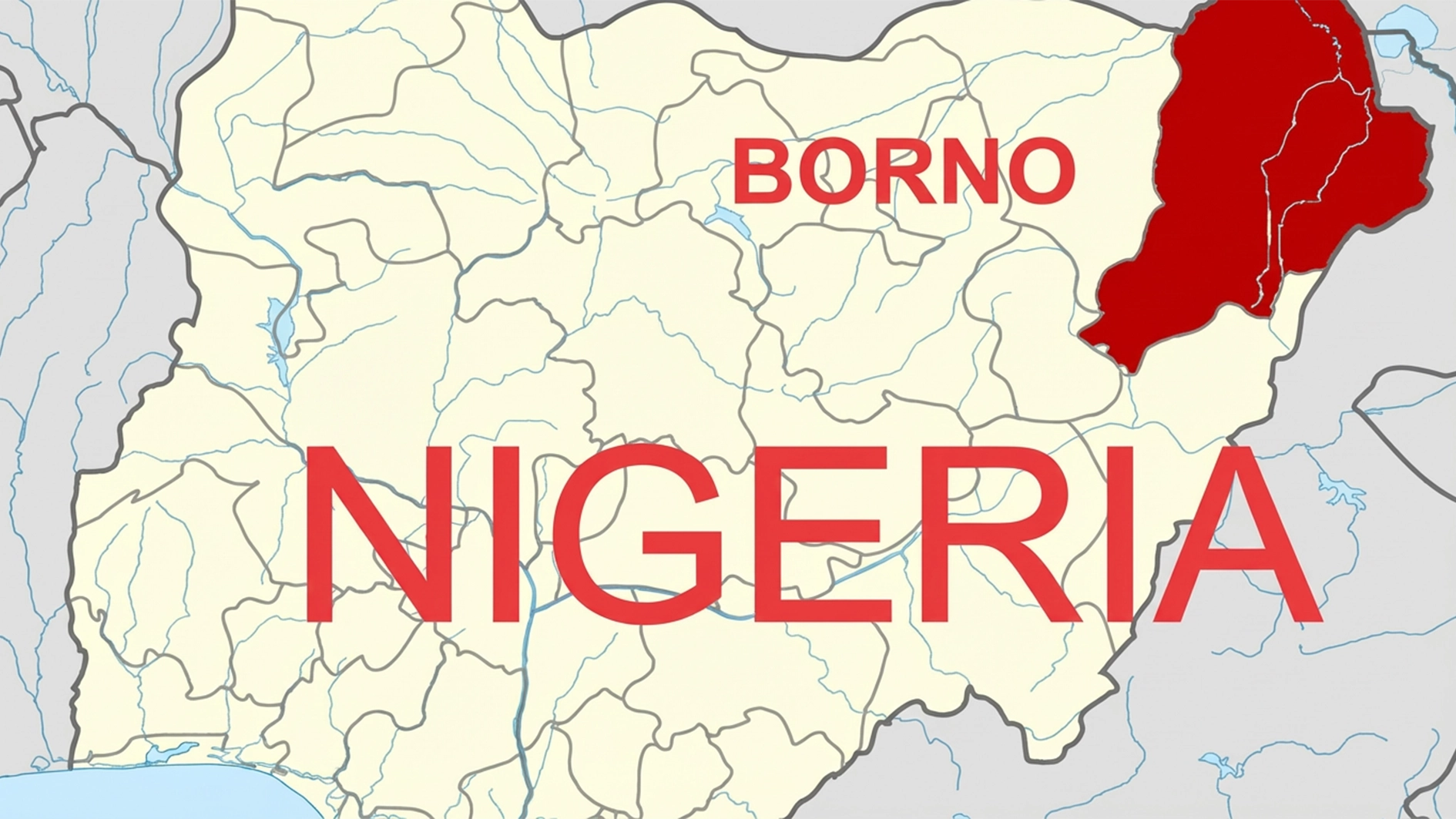The leader of the Indigenous People of Biafra (IPOB), Nnamdi Kanu, risks losing his British citizenship following a Federal High Court ruling that convicted him of terrorism.
The Guardian reported that Justice James Omotosho, in his judgment in Kanu’s trial, found him guilty of all seven-count charge brought against him by the Department of State Services (DSS).
Justice Omotosho held that the prosecution led sufficient credible evidence to establish its case against Kanu, who holds a British passport.
The ruling means the IPOB leader may lose his British citizenship, according to the UK Parliament/House of Commons Library website.
The website says the Home Secretary has the power to take away a person’s British citizenship if they consider it conducive to the public good, or if the person obtained their citizenship by fraud. The power of citizenship deprivation is in section 40 of the British Nationality Act 1981.
“Depriving someone of their British citizenship for the public good is generally used in the context of national security or counter-terrorism. The aim is to prevent a person who poses a threat to the United Kingdom from returning to the country, which they would otherwise have a right to do as a British citizen.
“For people who have naturalised as British, citizenship deprivation is permitted even if it would leave them stateless (that is, without the citizenship of any country). Someone who was born British and has no other nationality cannot be deprived of their citizenship in any circumstances,” a post on the site read.
Kanu is expected to receive a written notice from the Home Secretary to the effect, which can be withheld in certain circumstances, such as where it is considered reasonably necessary in the interests of national security.
“There is a right of appeal against citizenship deprivation. Appeals take place at the First-tier Tribunal or (in national security/terrorism cases) the Special Immigration Appeals Commission, SIAC. In SIAC appeals, sensitive evidence may be withheld from the appellant and their lawyer, and a ‘special advocate’ appointed to represent their interests instead,” the site said.
The parliament also stated that British passports are issued at the discretion of the Home Secretary under the royal prerogative (an executive power which does not require legislation), adding that they can be withdrawn or withheld using the same discretionary power.
With Justice Omotosho’s ruling, Kanu may lose his British citizenship or have his British passport withdrawn. If the passport alone is withdrawn, he may remain a British citizen, but his overseas travel will be restricted.






